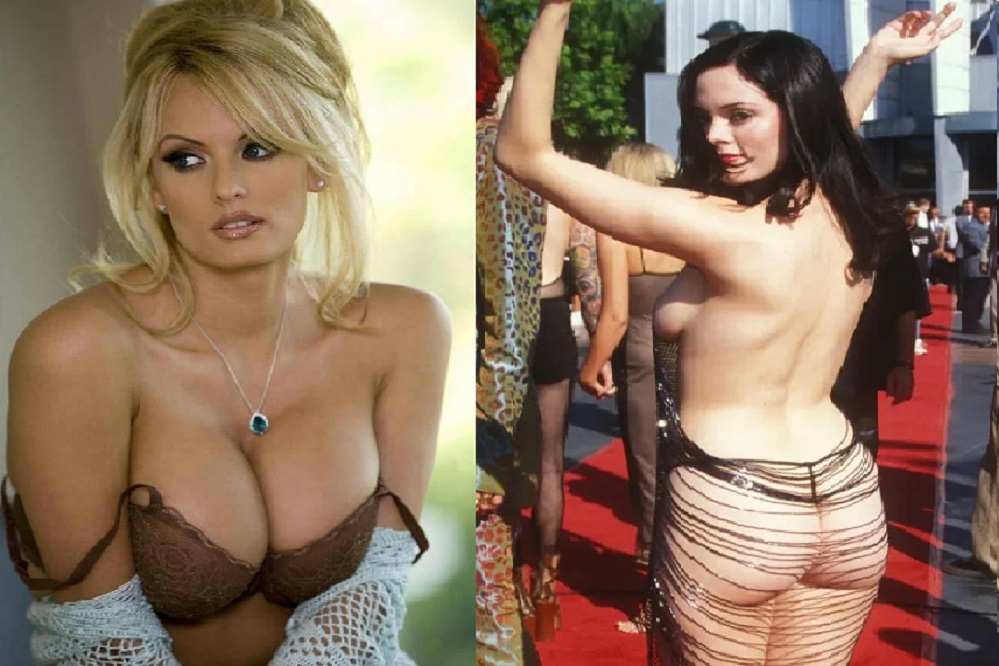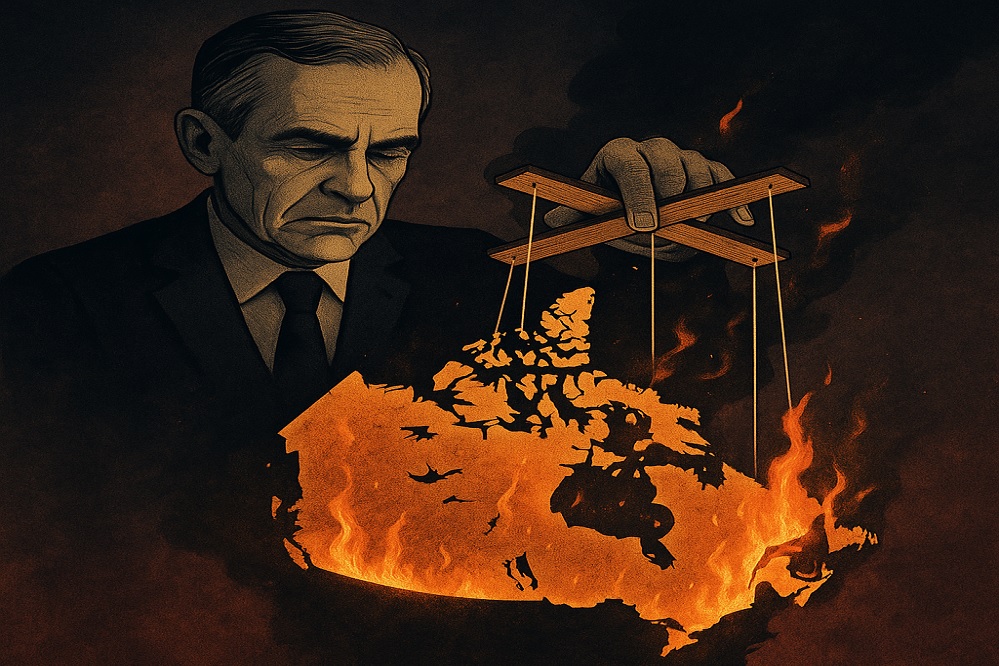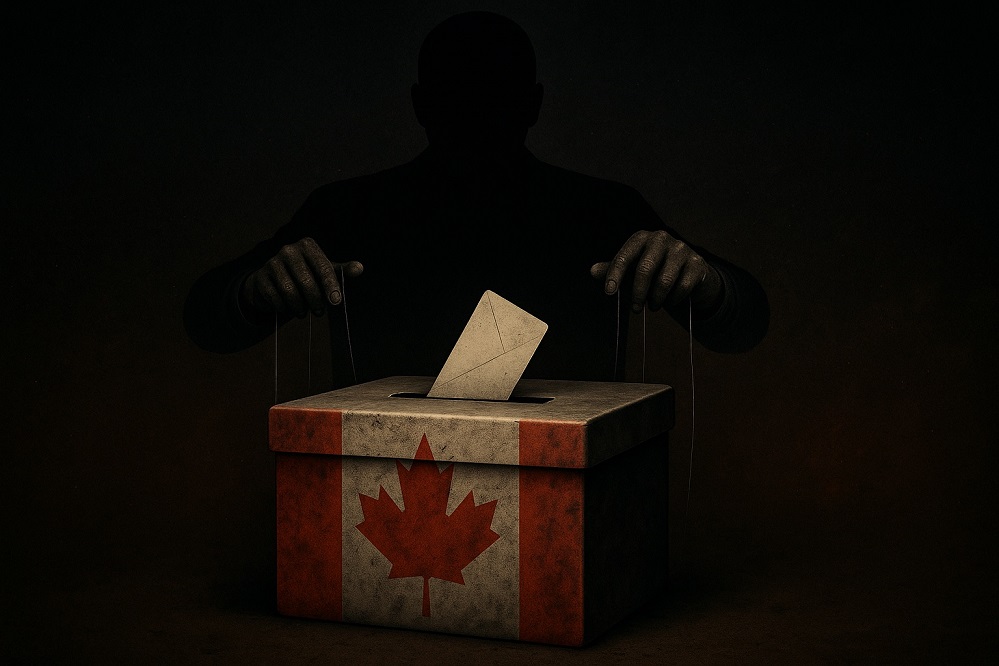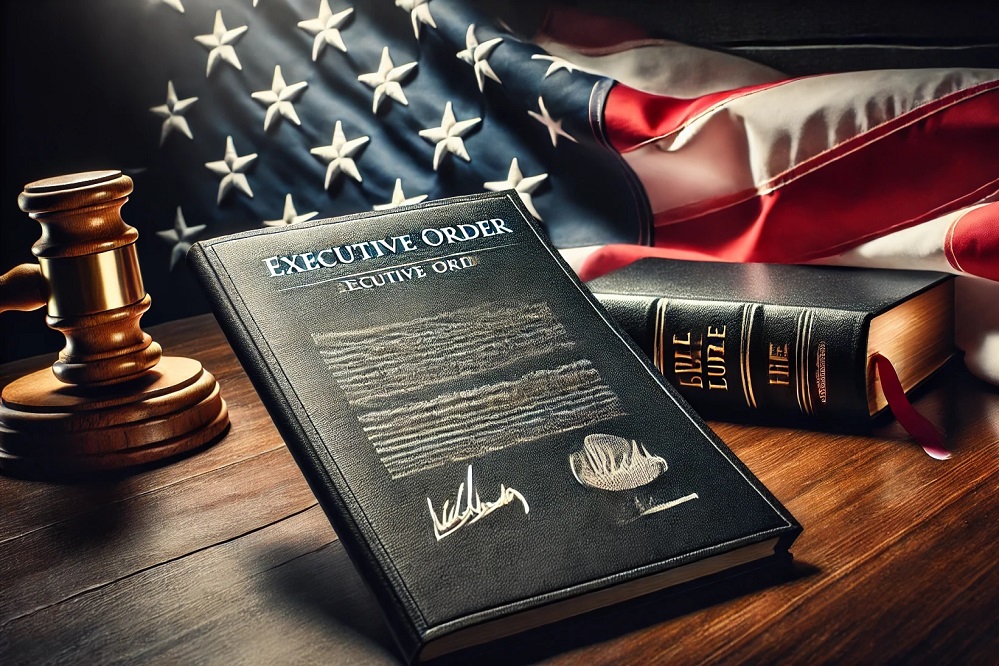President Trump’s recent sentencing in connection with the Stormy Daniels case has reignited debates about public vs personal relationships and privacy while raising a very provocative question: Did Stormy Daniels exploit Donald Trump, and in doing so, undermine the principles of the #MeToo movement? And could her actions even raise questions about legal boundaries, touching on exploitation or sex trafficking?
Sex Trafficking in Disguise?
Would you want an ex-lover to take explicit photos, videos, or write erotic stories about you or your partner, and then sell them to a global audience for profit—all without your consent—while jeopardizing your career, family, and reputation? If you object, they twist the narrative, casting themselves as the victim and turning public opinion against you. At what point does this cross the line into outright exploitation or even sex trafficking? What dangerous precedent does this set for future abuses?
Stormy Daniels, a seasoned porn star and stripper, is no stranger to public displays of sexuality. But does her profession grant her the right to profit off people she has had consensual sex with—especially when they are not part of the adult industry and have not consented? By selling intimate details of her consensual relationship with Trump for profit, is she crossing ethical boundaries, potentially engaging in exploitation or even a form of sex trafficking? And does she have the right to hypocritically align herself with the #MeToo movement, gaslighting the public into believing she is somehow the victim in this scenario?
Was Selling the Story Legal?
In July 2006, Stormy Daniels and Donald Trump engaged in a consensual relationship after meeting at a celebrity golf tournament in Lake Tahoe, Nevada. While Trump was married at the time, it’s important to note that many couples have open relationships or agreements within their marriages. This dynamic, which is more common than some might think, is particularly prevalent in certain American and European lifestyles, where open sexuality is often viewed as a healthy component of a relationship. What arrangements the Trumps may have had is ultimately their private matter. In fact, a recent study found that approximately 15% of American couples participate in open relationships, with those couples generally being more educated, affluent, and satisfied in their marriages and sex lives.
As Trump’s fame grew through The Apprentice and Daniels faced competition from a younger generation of adult stars, she saw an opportunity to cash in. By 2011, she was shopping her story to tabloids, which showed little interest. Perhaps they recognized this for what it was: sexual exploitation. Selling explicit details without consent could set a dangerous precedent where anyone could monetize their past encounters with famous individuals. It’s tantamount to exploitation—or possibly even a new form of sex trafficking.
When Trump’s presidential candidacy gained momentum, Daniels saw a second opportunity. Just before the 2016 election, she weaponized her story for maximum impact. This wasn’t mere opportunism; it was strategic exploitation. Imagine an ex showing up at your wedding with a sex tape and demanding payment to keep it private. Trump’s legal team, led by Michael Cohen, negotiated to buy the story to protect his family, privacy, and reputation. Yet the media framed it as a scandal, portraying Daniels as the victim when she was wrongly attempting to profit off consensual intimacy.
The Legal Gray Area
In October 2016, Michael Cohen, acting on his own accord, negotiated a $130,000 payment as part of a non-disclosure agreement (NDA) to purchase exclusive rights to Stormy Daniels’ story, ensuring it wouldn’t be sold to other media outlets. NDAs are standard legal tools used to settle disagreements and differences in opinions. Daniels willingly entered into this agreement, making it a contractual arrangement rather than extortion.
Critics on the left, aligned with globalist and Democratic interests, seized on the payment as Hillary Clinton’s campaign (or “Killary,” as Putin famously called her) faced challenges against Trump in the presidential race. They argued that the payment constituted a campaign expense, an assertion that mischaracterized its intent. Trump’s legal team maintained that the payment was personal, aimed at avoiding unnecessary embarrassment for his family—not influencing the election. This distinction is key to understanding the situation.
Exploiting Privacy: A Dangerous Precedent
Privacy is a fundamental right, yet Stormy Daniels’ decision to sell details of a consensual relationship sets a troubling precedent. Could this behavior evolve into a new form of sex trafficking—where intimate moments are monetized without consent? Daniels’ actions trampled on privacy, democracy, and freedoms. By exploiting a consensual relationship for profit, she thrust Trump and his family into a victimized position, akin to being sex-trafficked in the court of public opinion. They had no choice as their private lives were monetized for Daniels’ benefit. This isn’t just about celebrities. Allowing such exploitation could create a marketplace where anyone’s private life is sold for profit, weaponizing trust and stripping people of their dignity. A court ruling allowing this behavior would invite widespread exploitation and make everyone vulnerable to privacy violations.
Misusing #MeToo
Daniels’ actions also misused the #MeToo movement. By turning a consensual encounter into a financial weapon, she undermined the movement’s integrity. It’s a form of societal gaslighting—justifying the exploitation of someone’s private life as a form of justice.
This echoes Rose McGowan, a prominent figure in #MeToo. In 1998, McGowan attended the MTV Awards nearly nude, the same year she accused Harvey Weinstein of assault after visiting his hotel room. While Weinstein’s actions are indefensible, McGowan’s narrative raises questions: Did she expect career favors and only speak out when they didn’t materialize? Later, as her career waned, she weaponized her allegations, much like Daniels.
Both women leveraged personal encounters for gain, blurring the lines between victimhood and opportunism. This behavior dilutes #MeToo’s purpose, turning it from a platform for justice into a vehicle for personal agendas. Worse, it invites the possibility of exploitation and a new form of sex trafficking—where intimate moments are monetized at the expense of privacy and consent.
Weaponizing Victimhood: The Double Standard
If a man exploited a woman’s private moments for profit, it would be universally condemned as a violation of her dignity and autonomy. Yet when a woman exploits a man’s private life, it’s often excused, justified, or even celebrated. This glaring double standard undermines the credibility of justice movements and harms genuine victims. By excusing such actions, society creates a culture where personal betrayal is not only normalized but rewarded.
Daniels’ actions are a prime example of this double standard. By weaponizing a consensual encounter with Donald Trump, she turned his private life into a tool for personal and financial gain. This behavior wasn’t condemned—it was elevated by media narratives eager to paint Trump as the villain, despite the fact that Daniels was the one exploiting their private relationship for profit.
This kind of opportunism not only undermines privacy but also perpetuates a dangerous trend. Men, especially those in positions of power, are increasingly vulnerable to having their personal lives weaponized against them while encouraging a toxic cycle of victimhood as a weapon.
Upholding Privacy and Due Process
Trump’s legal team must challenge the dangerous precedent this case sets, not just for his own sake, but for the preservation of democracy, due process, and the freedoms of all Americans. If #MeToo is to remain a movement for justice, it must reject the weaponization of victimhood. Exploitation—whether by Stormy Daniels, Rose McGowan, or anyone else—violates the principles of privacy, consent, and fairness that underpin a just society.
Allowing such actions to go unchallenged would send a clear message: that intimate moments, trust, and personal lives can be commodified without consequence. This does not just impact public figures—it threatens the rights and freedoms of every individual, creating a society where private lives are turned into public commodities. Such a trend risks legitimizing a new form of sex trafficking, where consent is disregarded, and private encounters are monetized against the will of those involved.
By upholding privacy and due process, we protect individuals, prevent exploitation, and stop the creation of a dangerous new kind of sex trafficking.




